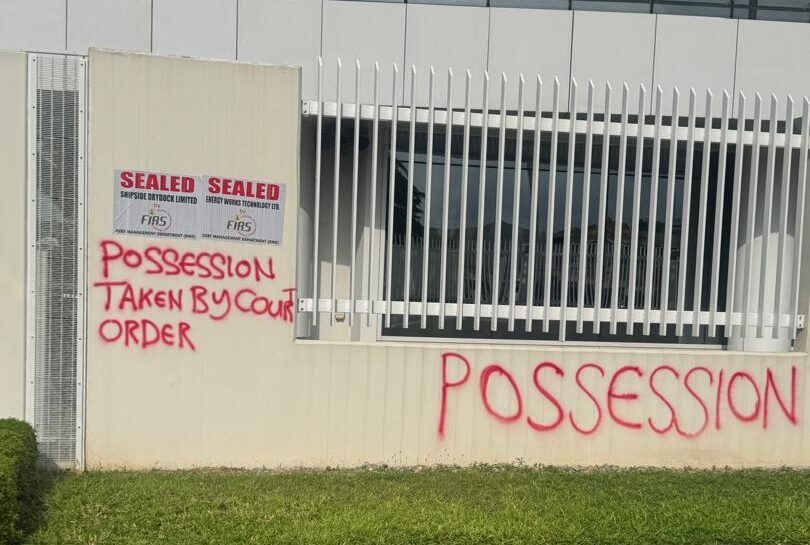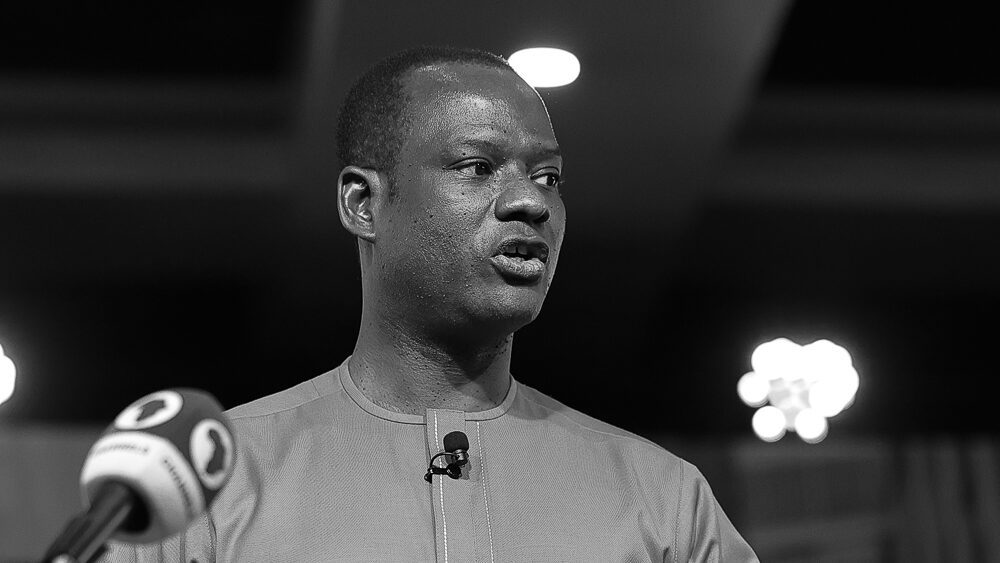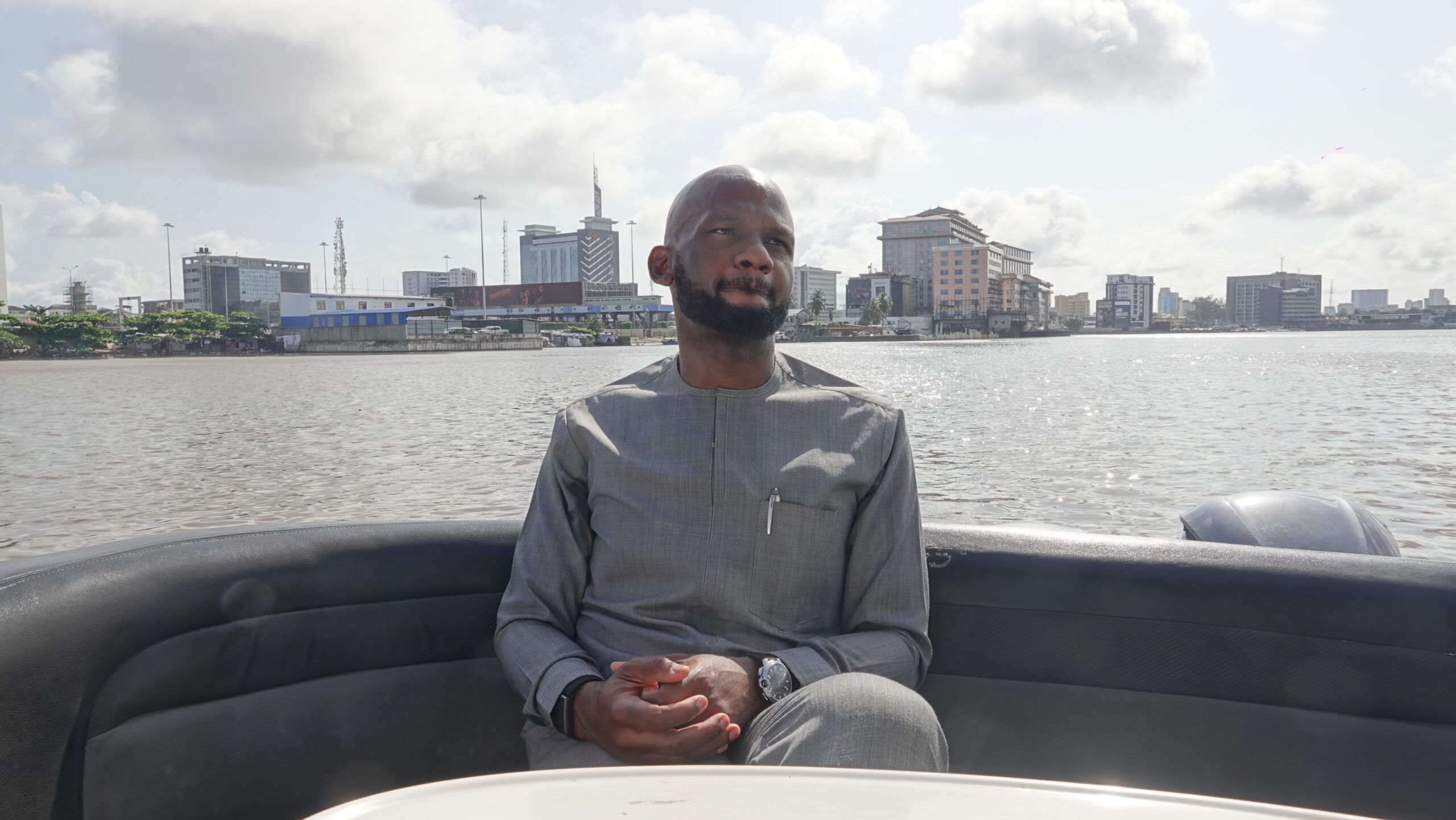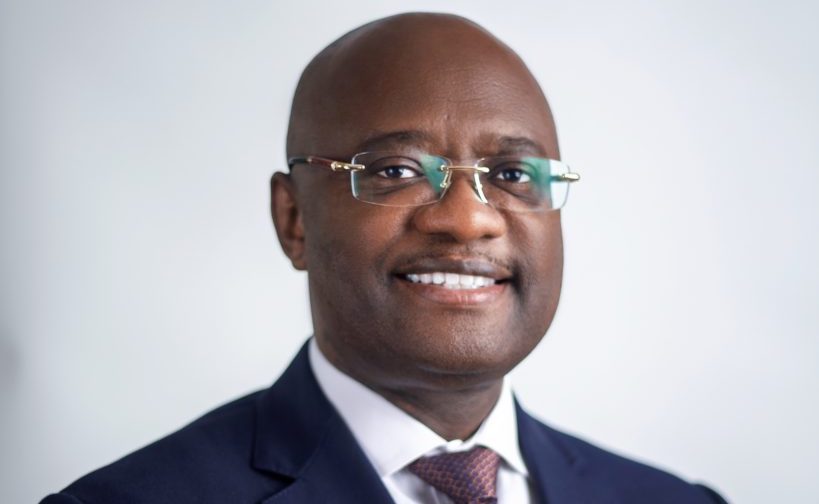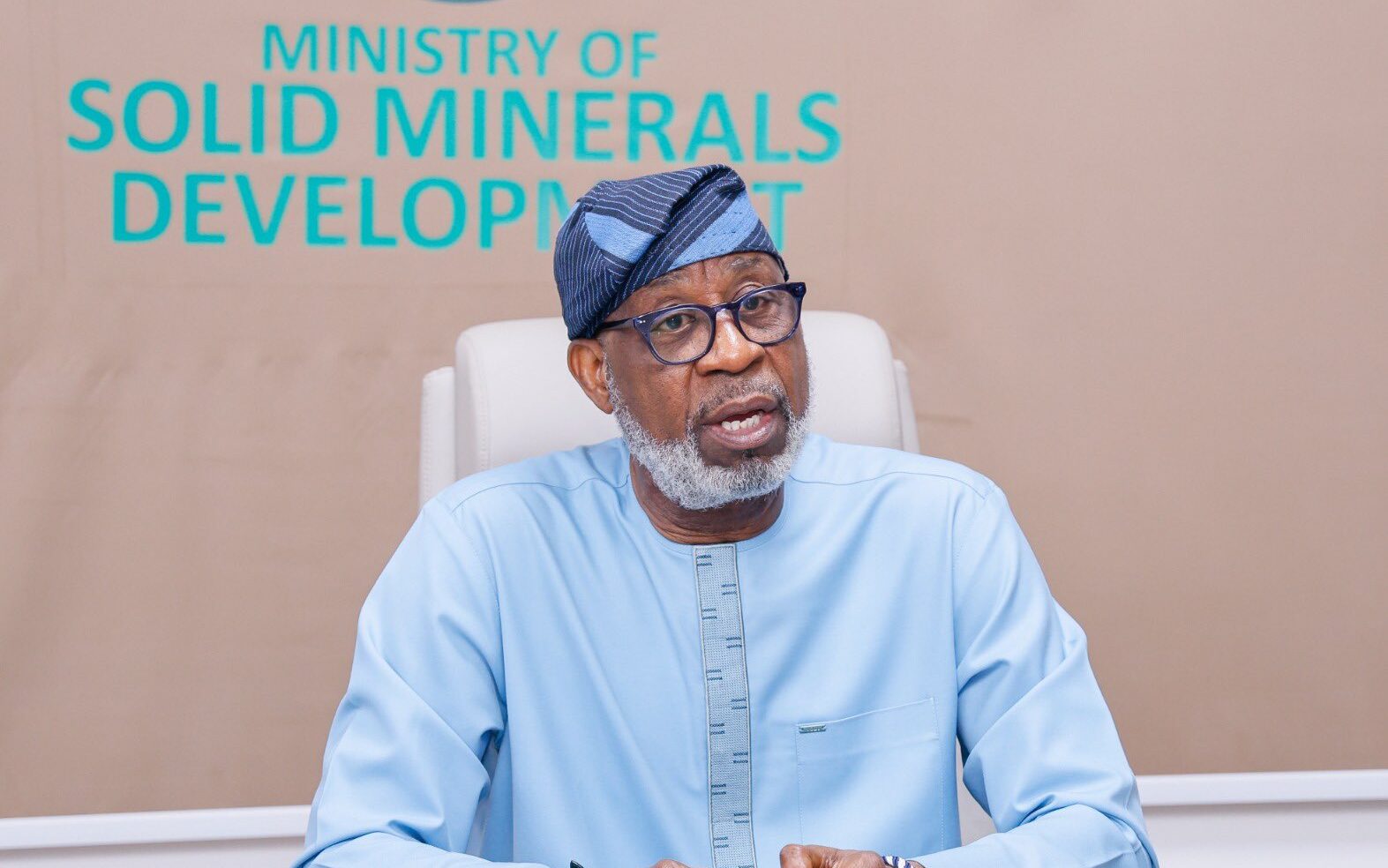The coastal city of Lagos played host to a landmark gathering of African leaders, jurists and anti-trafficking advocates, who say the continent stands at a pivotal moment in the fight against the twin scourges of human trafficking and ritual abuse. The two-day inaugural Africa Colloquium Against Human Trafficking convened by the Lagos State Ministry of Justice in partnership with the Sudreau Global Justice Institute of Pepperdine University (USA) with the theme: “A United Front Against Ritual Abuse and Sacrifice”, held at the Radisson Blu Hotel in Ikeja. The colloquium brought together, delegates from across Africa and beyond.
In his opening address, Lagos State Governor, Babajide Sanwo-Olu set a resolute tone for the gathering, urging African nations to form a cohesive strategy against heinous crimes that transcend borders. Represented by the Secretary to the State Government, Abimbola Salu-Hundeyin, the Governor described the colloquium as a “defining moment for Africa’s collective conscience”.
“This evil knows no boundaries. We must confront and defeat the dangerous myths that fuel ritual abuse myths that wrongly link power or success to the taking of human life”, Governor Sanwo-Olu stated, “Our people are not for sale, our children are not sacrifices, and our future will never be built on fear or blood”.
Lagos State Attorney-General and Commissioner for Justice, Lawal Pedro, SAN, revealed that between 2022 and 2024, over 4,700 victims of trafficking were rescued and supported in Lagos State alone. To illustrate the grim reality of human trafficking and ritual crimes, he further emphasised that ritual killings and trafficking have evolved into “organised, commercialised, and transnational crimes”, requiring an equally sophisticated and cross-border response.
The Chief Judge of Lagos State, Hon. Justice Kazeem Alogba, delivered a forceful commitment from the Judiciary, vowing that perpetrators would face the full wrath of the law. “The Lagos Judiciary will ensure that anyone found guilty of trafficking or ritual abuse, faces stringent punishment in accordance with the law”, Justice Alogba declared. Tracing the origins of these crimes back to the history of slavery, the CJ described human trafficking as a business driven by profit and ritual abuse as a “grim offshoot” of this exploitation. He stressed that effectively addressing the problem, requires tackling the deep-seated social and cultural beliefs that justify the exploitation of human beings.
A recurring theme at the colloquium was the need to combat not just the criminals, but the cultural silence and spiritual manipulation that enable them. The Director-General of the National Agency for the Prohibition of Trafficking in Persons (NAPTIP), Binta L. Adamu Bello, represented by Mr Josiah Emerole warned that traffickers increasingly exploit cultural fears and spiritual oaths to control their victims. “These oaths are enforced not with guns or chains, but with deep-seated cultural fears. Ritual abuse has not disappeared; it has only evolved, crossing borders and complicating trafficking investigations”.
This sentiment was further re-echoed by the Attorney-General of the Federation, Prince Lateef Fagbemi, SAN, who was represented by Miss Ezinne Nwokoro, who reaffirmed the Federal Government’s commitment to legislative reforms and stronger partnerships with NAPTIP.
The colloquium served as a strategic platform, to move from discussion to actionable solutions. Professor Cameron McCollum, Director of the Sudreau Global Justice Institute, emphasised the institute’s goal to help develop practical, Africa-specific solutions that countries can adopt immediately.
The event featured breakout sessions focusing on the identification of ritual abuse, victim support, investigation, prosecution, and the crucial role of faith and community leaders in curbing the menace.


